- Language
- English
- 日本語
- English (India)
- हिन्दी
- 中文
CPVC is a material that maintains the excellent properties of PVC, but by adding chlorine, it can be used under harsh conditions that conventional PVC cannot handle. We will explain what characteristics CPVC has.
CPVC (chlorinated polyvinyl chloride resin) is a plastic produced by post-chlorination of PVC (polyvinyl chloride resin), which not only further improves the flame resistance of PVC, but also provides high chemical and heat resistance.
It is therefore used in applications such as hot/cold water supply pipes and fittings, fire sprinkler pipes and fittings.
For related pages on applications, click here
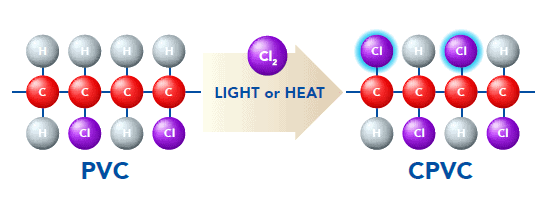
SEKISUI manufactures and sells Durastream, a CPVC compound containing additives to CPVC.
CPVC is an abbreviation for chlorinated polyvinyl chloride, sometimes referred to as “C-PVC” or “chlorinated PVC”.
Generally, it refers to CPVC raw material resin that has not been mixed with any additives.
Click here to go to “SEKISUI’s CPVC resin products”
CPVC compound are CPVC resin that have been blended with additives and stabilizers and processed to make them suitable for molding into a variety of products.
It is supplied in powder or pellet form according to the molding method.
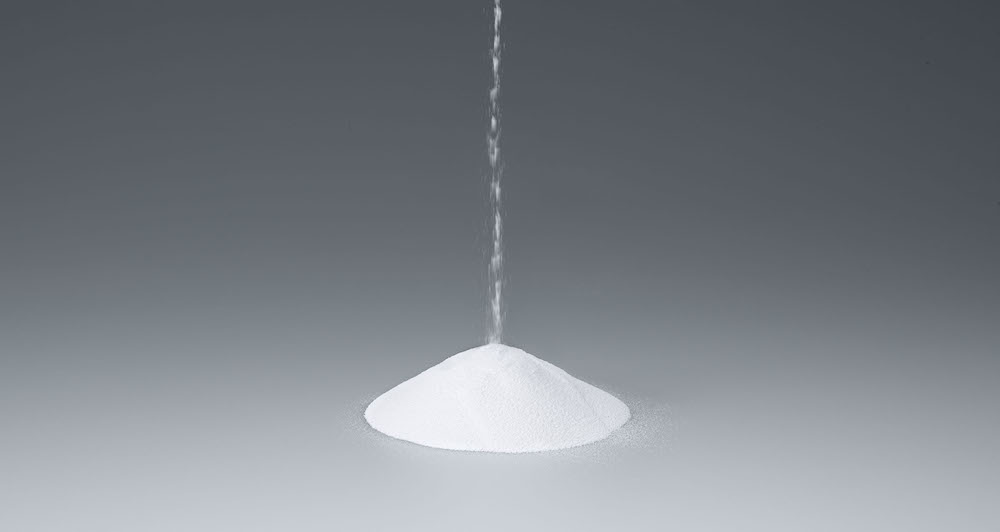
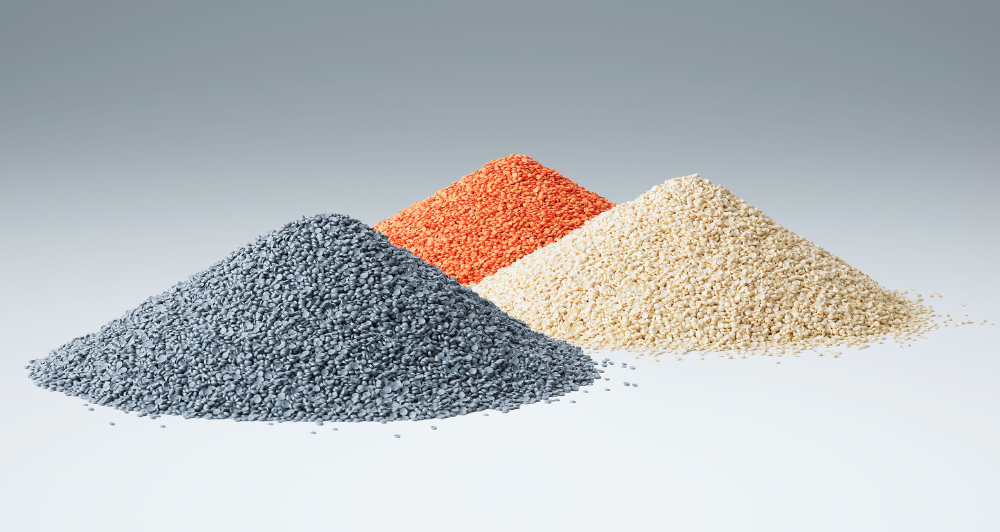
CPVC has excellent properties, specifically heat resistance, flame resistance and chemical resistance.
The Vicat Softening Temperature of CPVC is 10 – 40°C higher than that of conventional PVC.
It can be used in applications where it is regularly exposed to high temperatures, where general PVC cannot be used due to softening. Suitable for applications such as hot/cold water supply pipes and fittings.
For related pages on Heat Resistance, click here
CPVC has self-extinguishing and produces little smoke when exposed to flame, making it suitable for fire sprinkler pipes and fittings.
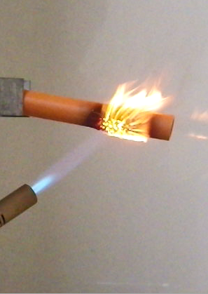
CPVC has excellent resistance to strong acidic and alkaline conditions and retains its properties even at high temperatures.
For related pages on Chemical Resistance, click here
In addition, CPVC has excellent bending resistance, flexural modulus and tensile strength, and can be used in environments where metals are prone to corrosion. It also has better insulation properties than copper pipes.
For related pages on Impact strength, click here
For related pages on Corrosion Resistance, click here
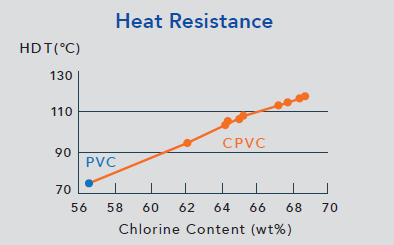
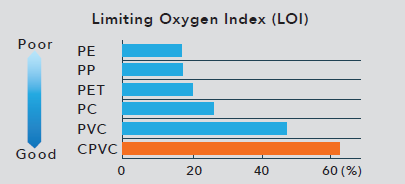
CPVC is used in a variety of applications due to its excellent properties.